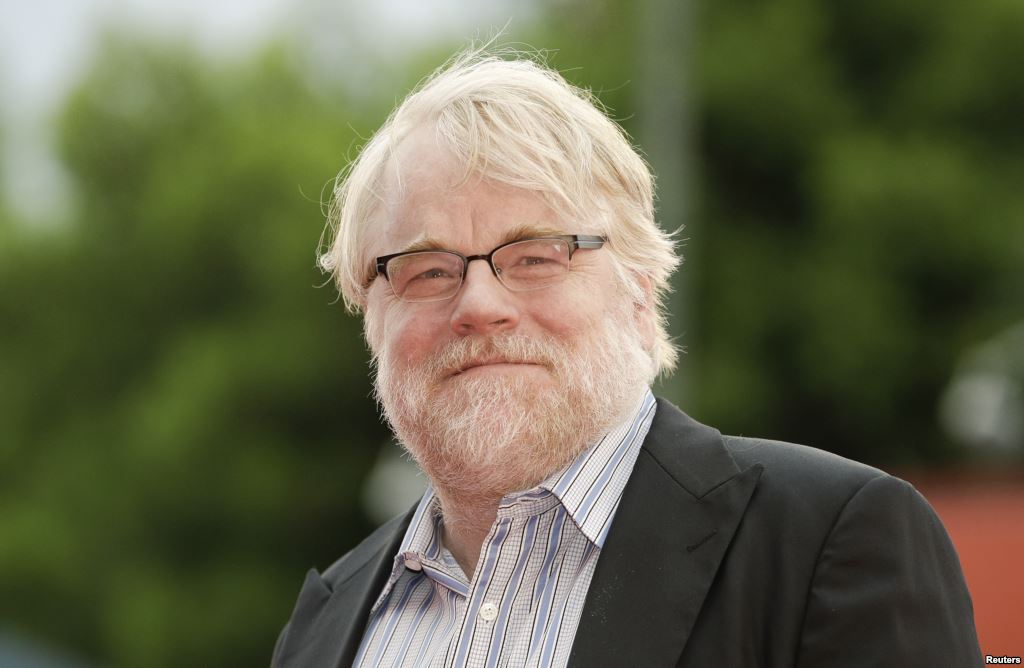YESTERDAY, when the news of Philip Seymour Hoffman’s death broke, I saw my Facebook and Twitter feeds exploding with posts of the story, all captioned, “He was one of my favorite actors.” The Atlantic quickly proclaimed him “the best actor of his generation,” while The New York Times called him “fearless in his choice of roles.”
For many other actors, the incredible amount of praise posthumously heaped upon them can feel a little bit forced — like we’re trying too hard to not speak ill of the dead. But Philip Seymour Hoffman was — in the truest sense of the word — amazing. The man could play any role. He made his scenes in Along Came Polly enjoyable to watch. I don’t know if I can give much higher praise than that.
So if you’re upset about the passing of a genius, here are some of his best performances to check out.
